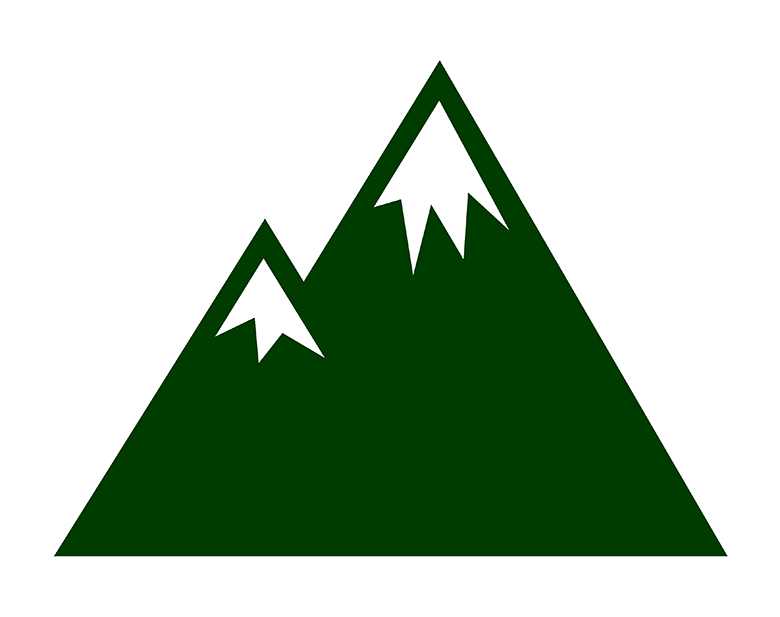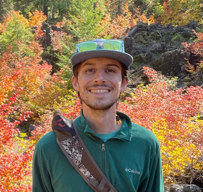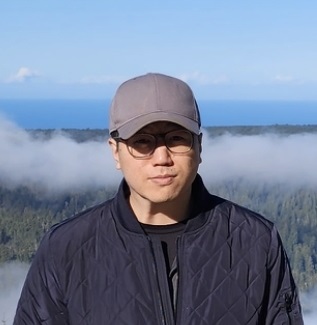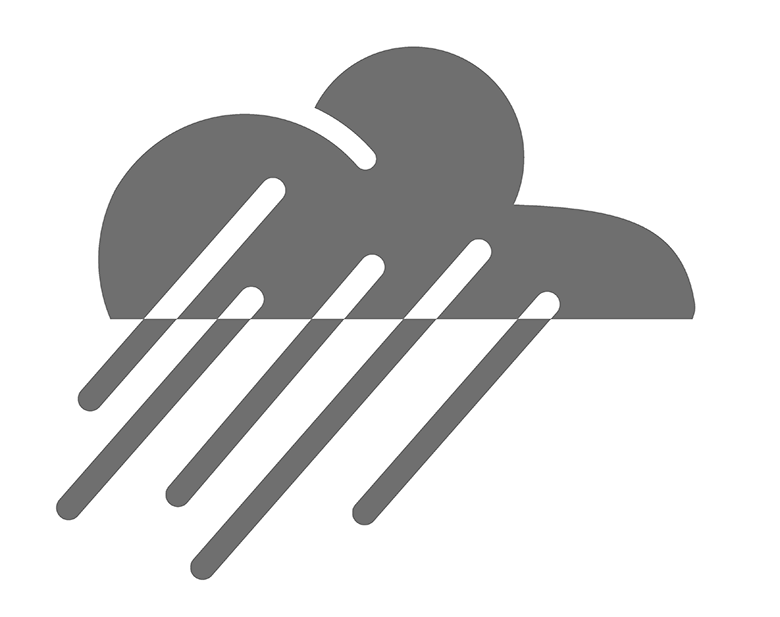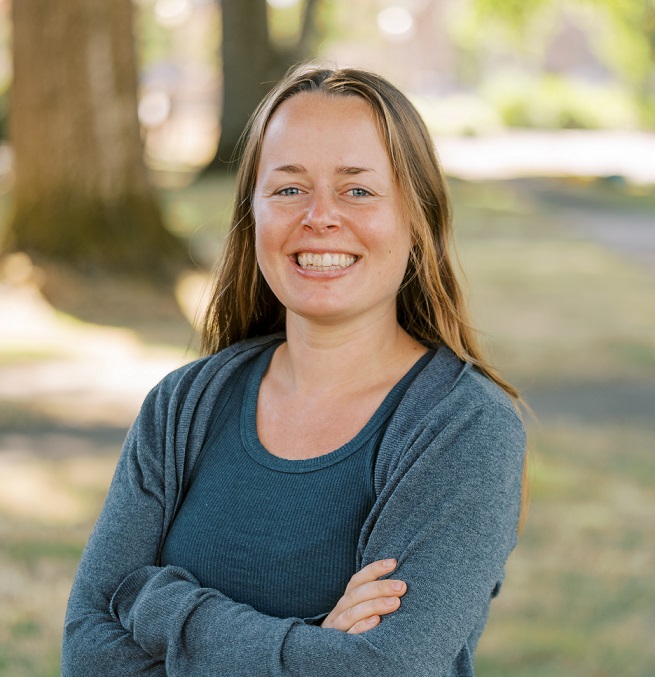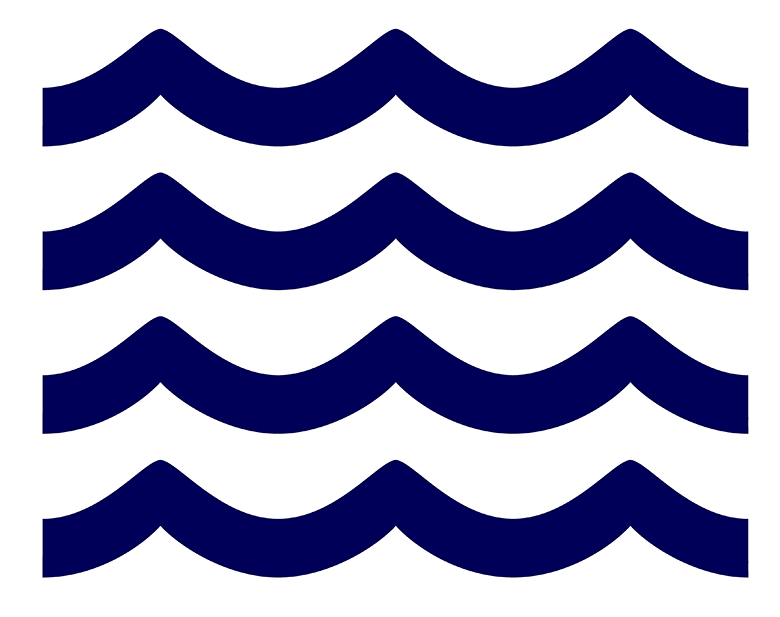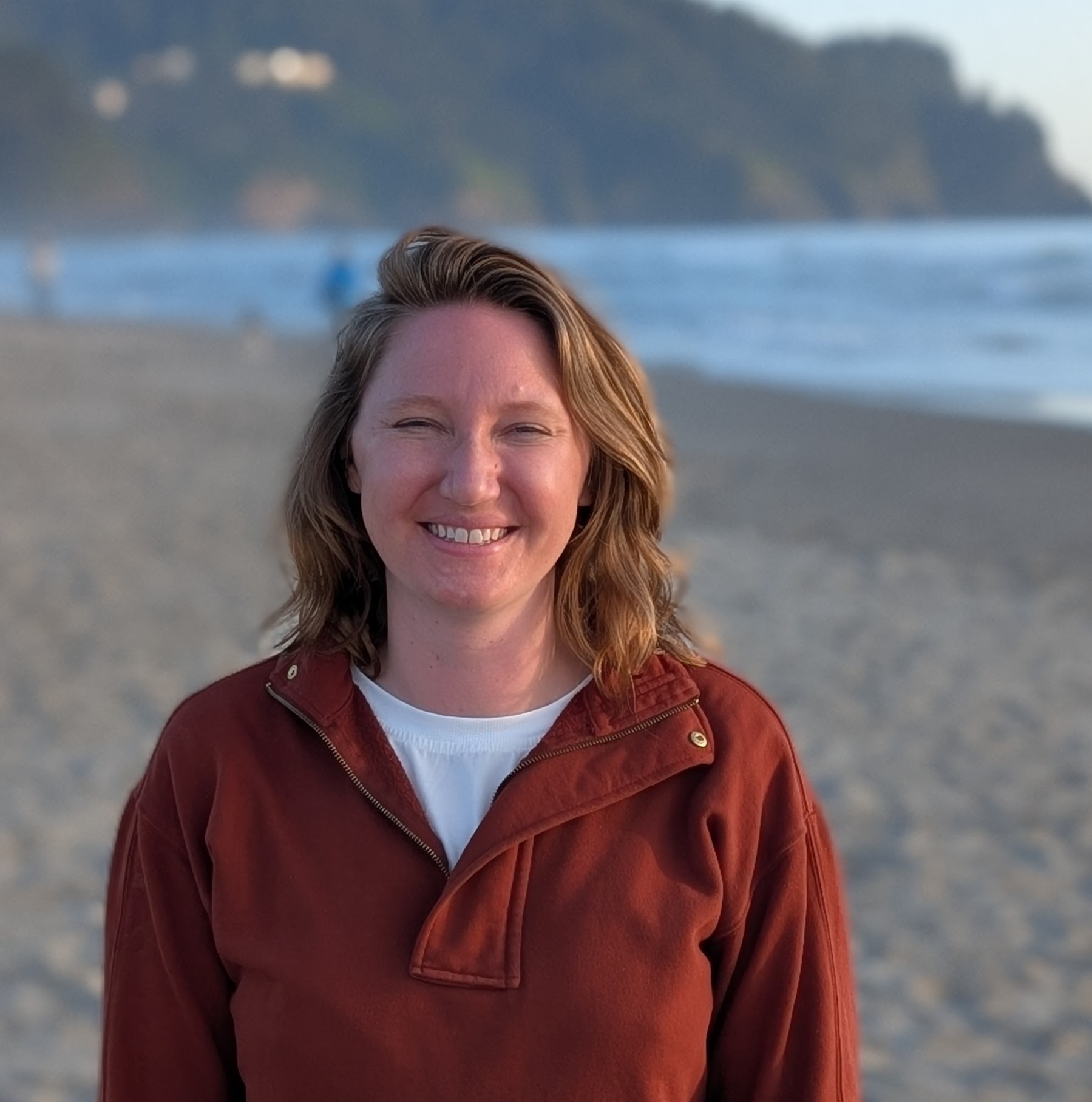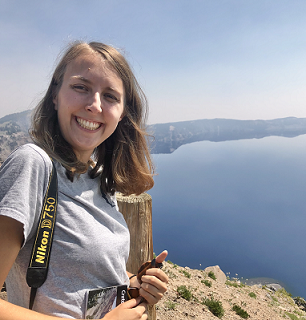Wildfire and Water Security
Wildfire and Water Security.
My research focuses on characterizing soil moisture regimes in burned and unburned forests and quantifying their sensitivity to post-fire drought based on hydrological modeling. Previously, my research projects were to evaluate climate change impacts on drought and food security in many watersheds in the world based on soil moisture estimation from some hydrological models. I have studied various hydrologic model applications, remote sensing products, climate change impacts on hydrologic extreme, and drought assessment throughout my academic career.
In collaboration with Cameron Naficy (USFS)
Wildfire and Water Security.
My research aims to understand the effects of wildfire on nutrient and sediment transport in headwater streams by using field-based observations within western Oregon. Leveraging long-term datasets from the original Hinkle Creek Watershed Study (2001-2009), we are revisiting historic study sites impacted by the 2020 Archie Creek Fire to investigate the impact of forest harvesting, wildfire, and post-fire land management across a stream network. To help us better understand post-fire relationships between the terrestrial and aquatic environment, I am also investigating riparian soil characteristics (infiltration, hydraulic conductivity) and nutrient concentrations (nitrate, potentially mineralizable nitrogen, active carbon) across the watershed. This research will help to disentangle the effects of compound disturbances, informing land-use decisions and modeling-based approaches. I received my B.S. in Environmental Studies from Southern Oregon University in 2015 and my M.S. degree from Oregon State University in 2023. Before starting my current degree at OSU, I worked for the US Forest Service, the Oregon Dept. of Fish and Wildlife, Americorps, and the Student Conservation Association.
Wildfire and Water Security.
Wildfire and Water Security
Katherine's research investigates the influences of post-fire restoration practices on soil and hydraulic functions. She recently earned her M.S. at Oregon State, where she researched post-fire soil carbon and erosion. Her PhD research will focus on understanding how different post-fire management strategies influence soil water availability, organic matter content and character, and vegetation reestablishment.
My research is focused on quantifying the effects of wildfire on the spatial and temporal dynamics of dissolved organic carbon and dissolved organic matter character.
I'm always interested in hearing from highly motivated, enthusiastic students who are quantitatively minded, field oriented, and able to develop and conduct independent scientific research. Please send me an e-mail if you're interested in joining our group.
Dr. Marta Basso (Post-doc 2024-2025): Post-doctoral Scholar, University of Idaho, Moscow, ID
Dr. Sharon Bywater-Reyes (Post-doc 2015-2017): Associate Professor, University of Northern Colorado, Greeley, CO
Dr. Nicholas A. Cook (Post-doc 2015-2016): Water Resources Engineer, Otak Engineering, Portland, OR
Dr. Ryan A. Hill (Faculty Research Associate 2019): Geospatial Aquatic Ecologist, United States Environmental Protection Agency, Corvallis, OR
Jansen Ivie (M.S. 2022-2024): Fall Retreats Director, Camp Timberline, Estes Park, CO
Dr. Karla Jarecke (Ph.D. 2015-2021): Post-doctoral fellow, University of Colorado Boulder, Boulder, CO
Noah Kanzig (Hydrometric Technician, B.S. 2016-2018): US Forest Service, Wallowa-Whitman National Forest, OR
Cameron Minson (Hydrometric Data Analyst, B.S. 2016-2017): Centro Experimental Forestal (CEFOR), Valdivia, Chile
Dr. Lorrayne Miralha (Post-doc 2021-2023): Assistant Professor, Ohio State University, Columbus, OH
Jonah Nicholas (M.S. 2020-2022): Monitoring Coordinator, Luckiamute Watershed Council, Albany, OR
Adam Pate (M.S. 2017-2019): USDA NRCS Snow Survey Team, Boulder, CO
Cedric Pimont (M.S. 2023-2025): Hydrologist, Snow Survey and Water Supply Forecasting Program, Natural Resources Conservation Service, Redmond, OR
Kira Puntenney (M.S. 2014-2017): Stream Tracker Project Manager, Colorado State University, Fort Collins, CO
Aaron Rachels (M.S. 2016-2018): Engineering Geologist, California Central Valley Regional Water Quality Control Board, Sacramento, CA
Danica Ruud (Undergraduate Honors 2018-2019): Geotechnical Engineer, Landslide Technology, Portland, OR
Jerry Risk (Hydrometric Technician, B.S. 2017-2018): Roseburg Forest Products, Roseburg, OR
Dr. Dave Roon (Faculty Research Assistant 2023-2025): Water Program, Oregon Department of Fish and Wildlife, Salem, OR
Dr. Marcia Snyder (Faculty Research Associate 2020): US Forest Service Pacific Northwest Research Station, Corvallis, OR
Casey Steadman (M.S. 2015-2017): Research Analyst, CNA Corporation
Austin Wissler (M.S. 2018-2020): Stream Restoration Specialist, Portland Bureau of Environmental Services, Portland, OR
